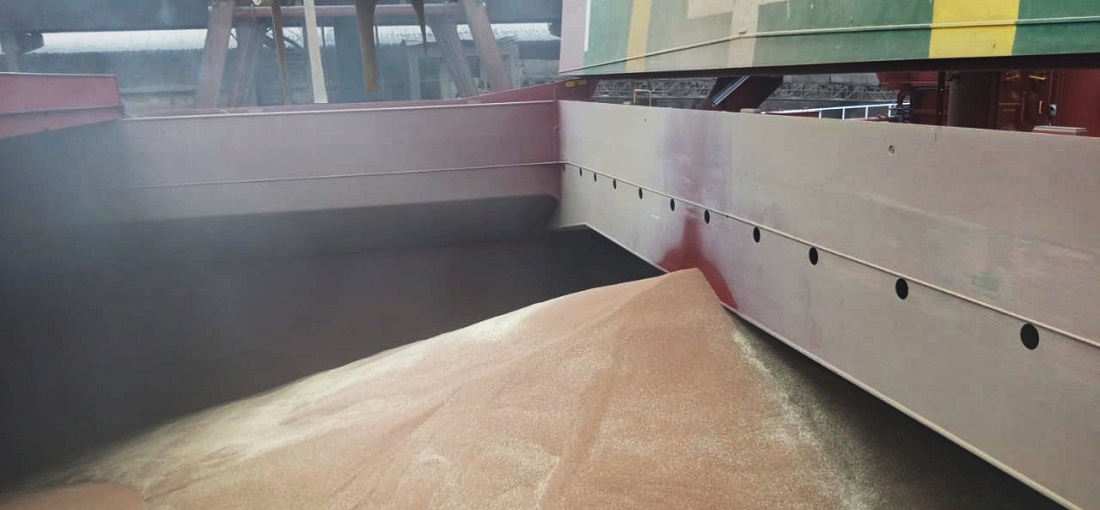
Brazil’s presence in the Middle East grows as exports to Israelis, Arabs climb
Aug, 22, 2022 Posted by Gabriel MalheirosWeek 202234
Brazil increased exports to Arab countries and Israel during the Jair Bolsonaro administration. Three years ago, when he took office, many were concerned about the government’s approach to Israel because of the idea of relocating the embassy from Tel Aviv, the international capital, to Jerusalem, which the Palestinians also claim.
Doing so would imply risking exports to Arab countries. An assessment by Poder360 shows feats did not bear fruits. The rise in sales to Arabs and Israel was higher than the average increase in exports, 46% in the first half of the year compared to the same period in 2018, the last year before Bolsonaro took office.
In the case of the Arab countries, exports increased by 62%. The member nations of the Arab League purchased US$ 8.3 billion from Brazil (Jan-Jun, 2022). The list excludes other non-Arab Muslim-majority countries such as Iran and Turkey.
“Despite the logistical challenges of the pandemic, Brazil remained a consistent and reliable supplier to the Arab countries. They are appreciative of that, and, thus, the relationship has strengthened,” Osmar Chohfi, head of the Arab Brazilian Chamber of Commerce, told Poder360. He is a retired diplomat who served as secretary general of the Ministry of Foreign Affairs in 2001 and 2002, ranking second in the hierarchy.
In the case of Israel and Brazil, the increase was even more intense, with a 596% growth in exports from 2019 to 2022.
See the track record of the volume, measured in tonnes, shipped from Brazil to key partners in the Middle East (Egypt, Israel, Saudi Arabia, and the United Arab Emirates) each month from January 2019 to June 2022. The data below is from DataLiner.
Exported volume from Brazil to the Middle East | Jan 2019 – Jun 2022 | WTMT
Source: DataLiner (click here to request a demo)
The main items sold were oil, frozen meat, and soybeans. Shipments totaled US$ 1.1 billion until June. For the first time, the balance with Israel is in surplus thanks to the sale of goods that haven’t been traded between the two countries in the past.
“Brazilian oil strengthened as an alternative to Russian supply after the war. On the other hand, frozen meat became more in demand after producers adapted to meet kosher standards, which Uruguay and Argentina had already done in the past,” the president of the Brazil-Israel Chamber of Commerce, Renato Ochman, told Poder360.
Food items stand out
Ukraine’s war boosted the purchase of food and fertilizer. In the 1st case, Brazilian wheat went to the Arab countries: US$ 335 million in the 1st semester – an increase of 531% in 4 years. Brazil traditionally imports more than it exports the product.
According to Osmar Chohfi, Brazilian wheat grew as an option because the grain is quite adapted for the production of bread and pasta, which go better with hard grains.
The exchange of fertilizers increased as a result of the war. As a result, both quantity and volume of purchases increased. Because Russia and Belarus are the main exporters of the items and are tied to the war, the prices of the products have risen worldwide.
Fertilizer imports from Arab countries hiked in the first half. As a result, they reached US$ 3 billion, trailing behind fuels in the list of imported goods. From Israel, fertilizers are 1st item on the list of most imported products. There was a 7-fold increase in the value of purchases in the country.
In both cases, Brazilian purchases in the period also rose more than the average high of 48%. Arabs sold 126% more, and Israelis 103%.
Source: Poder 360
To read the full original article, please go to: https://www.poder360.com.br/economia/brasil-amplia-exportacoes-para-arabes-e-israelenses/
-
Meat
Jan, 06, 2020
0
Argentina registers highest beef exports of the last 14 years
-
Shipping
Jul, 05, 2023
0
Cosco Shipping Shares Jump Despite Profit Warning
-
Navegação
Nov, 21, 2018
0
Argentina will double wheat exports in ten years
-
Other Logistics
May, 18, 2023
0
Peru probes China’s COSCO Shipping Ports after construction site landslide

